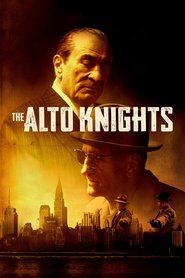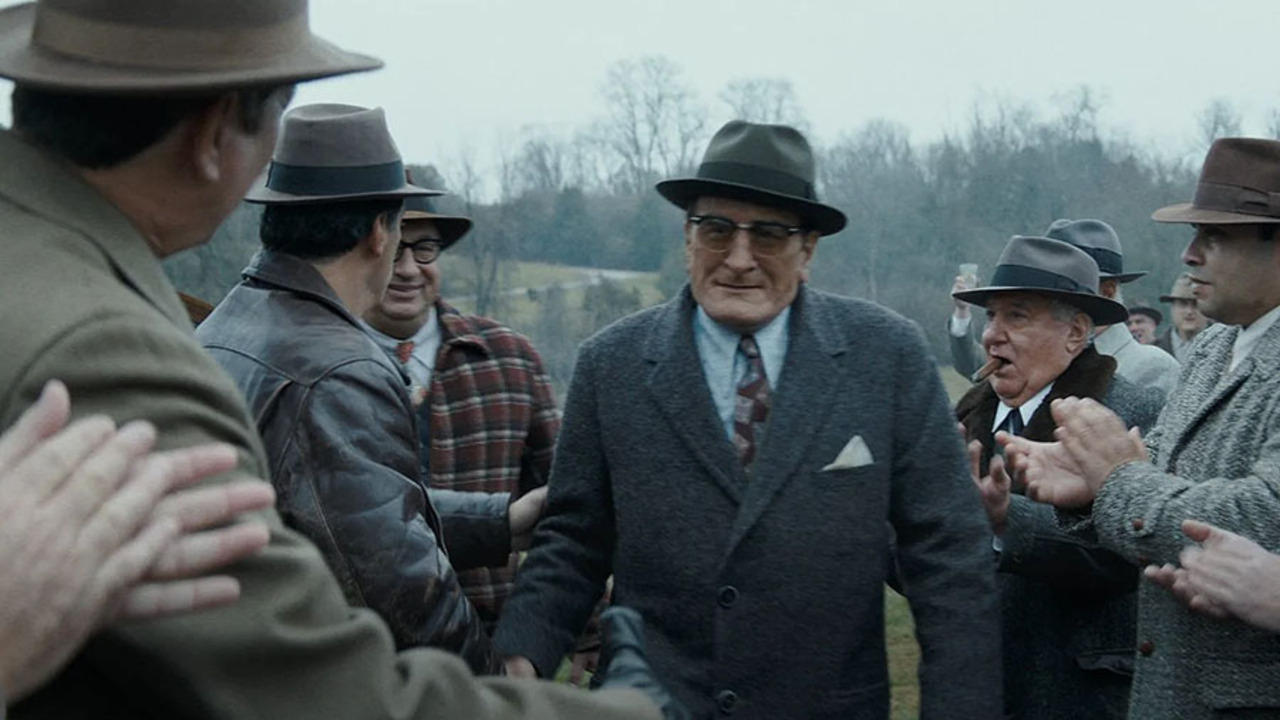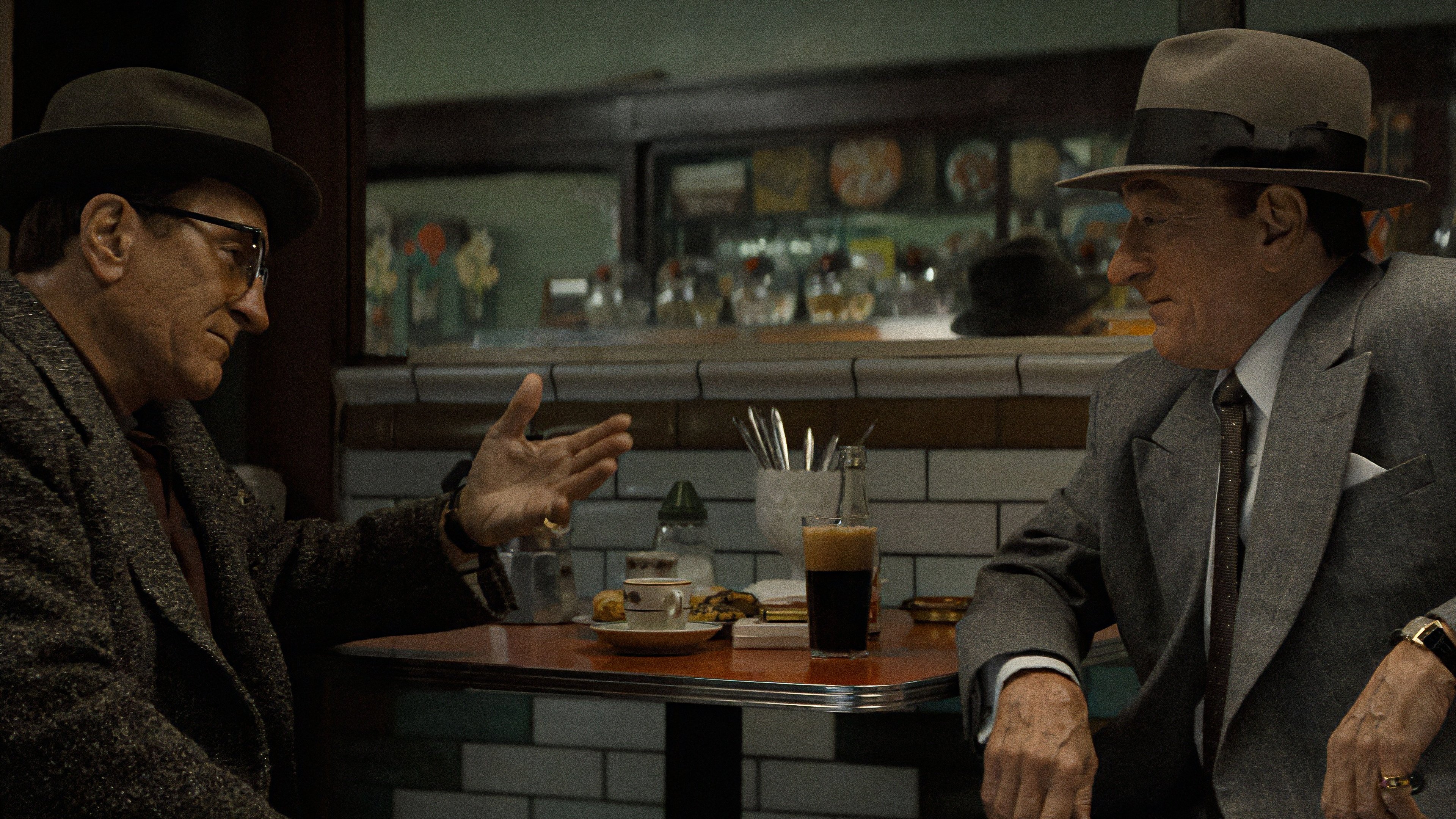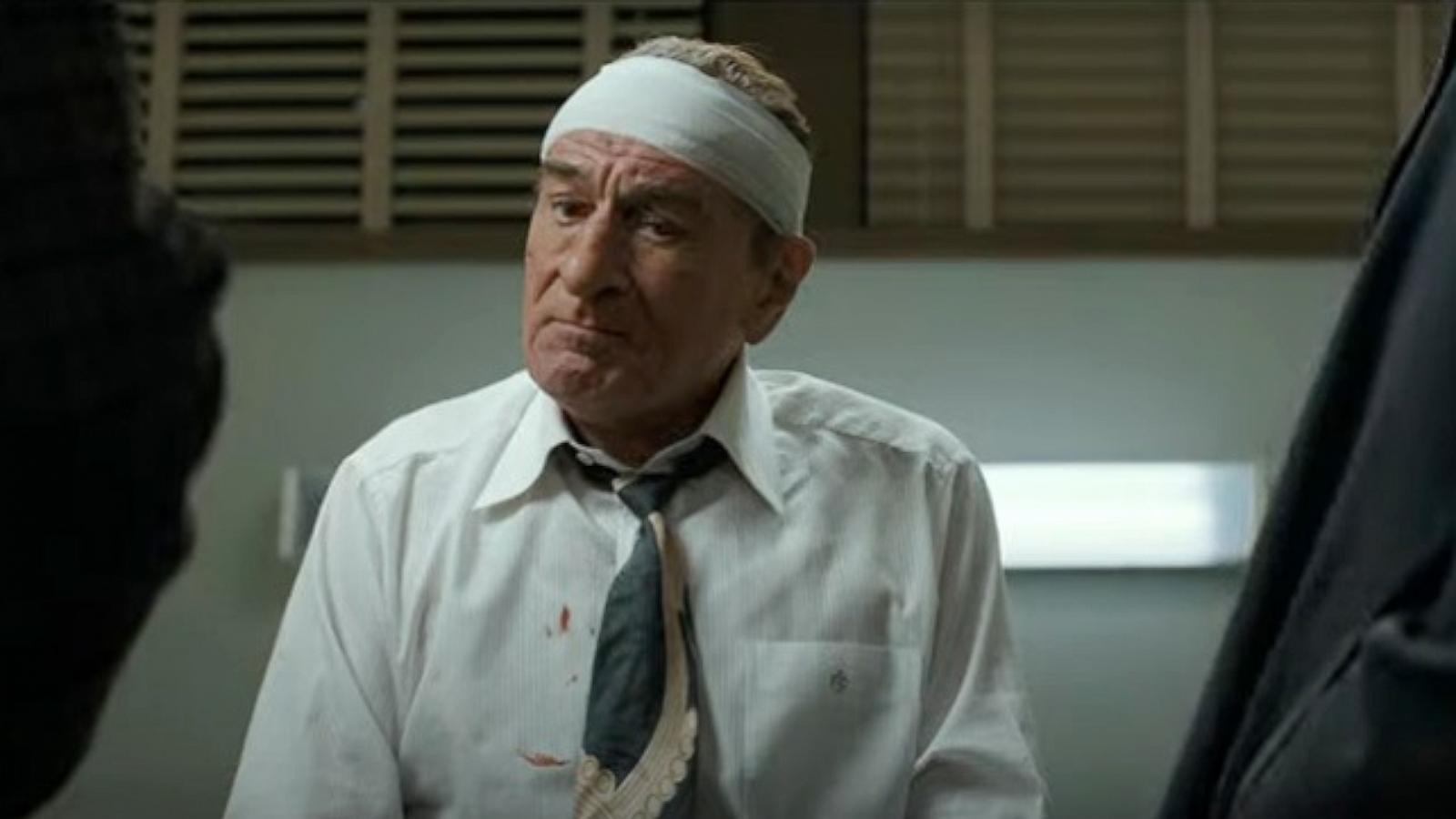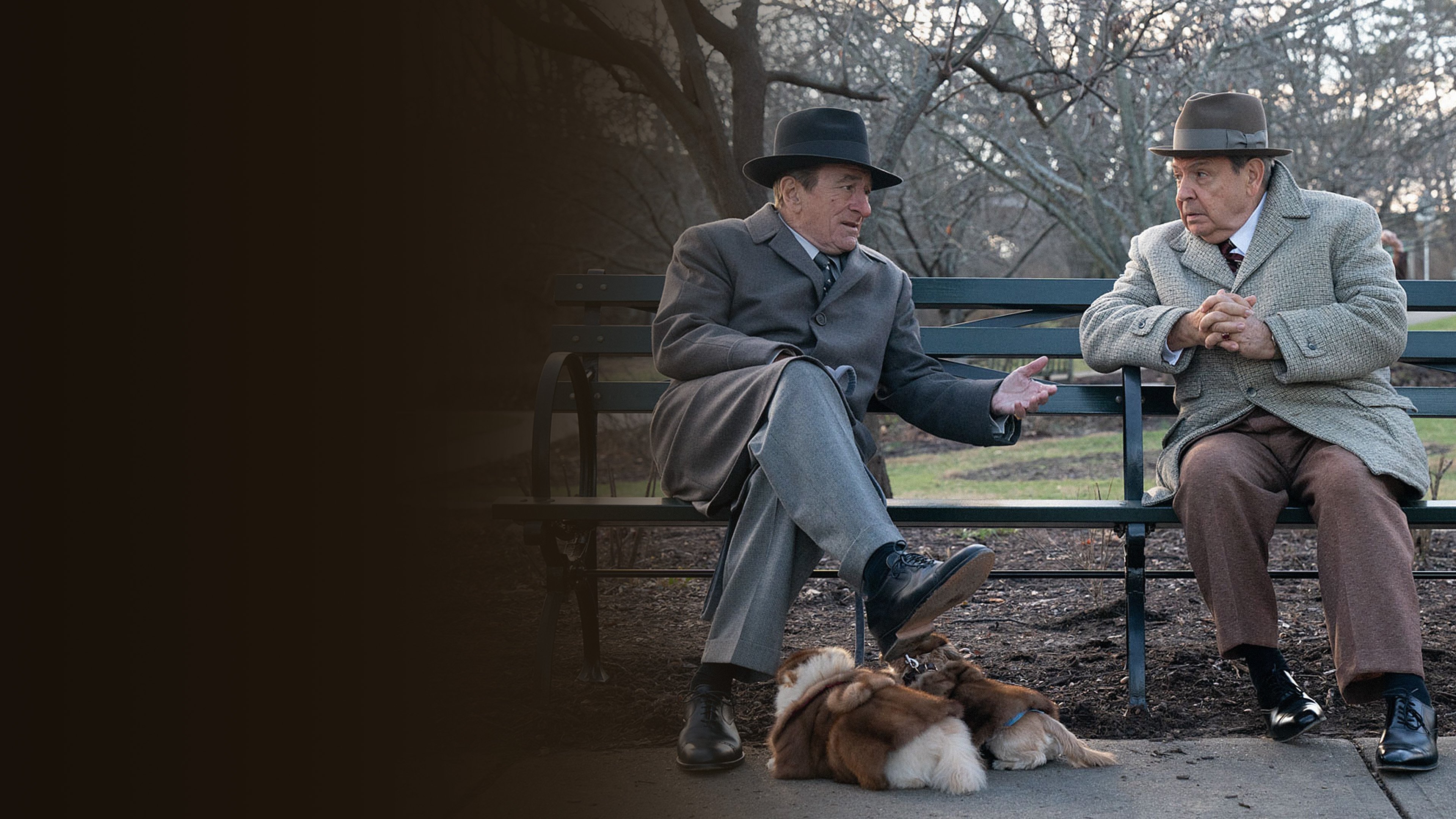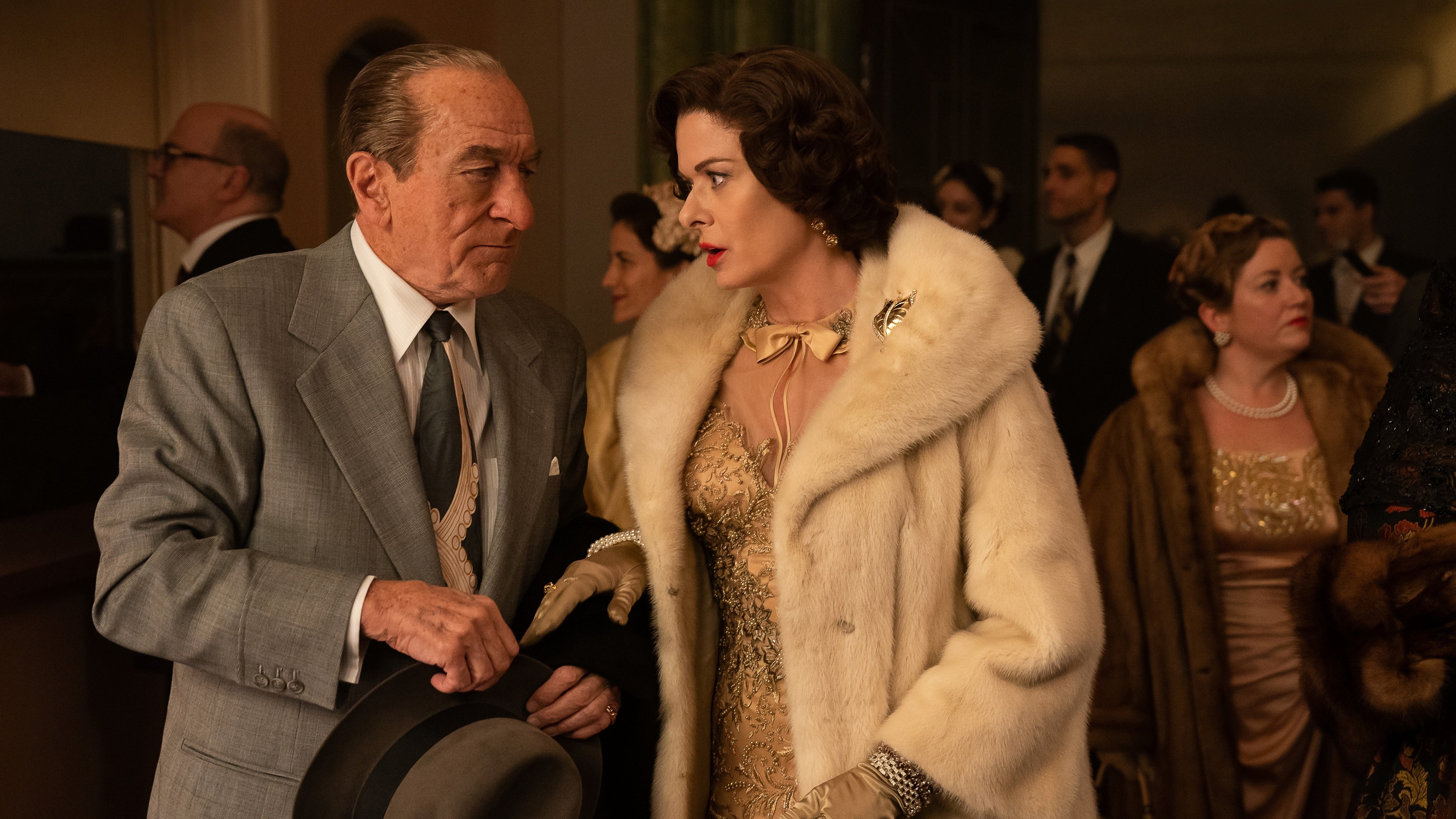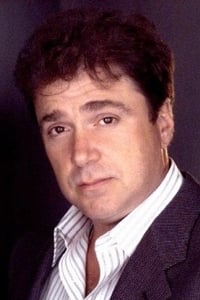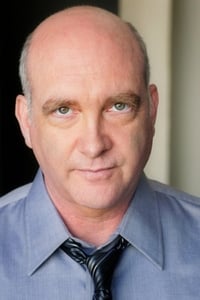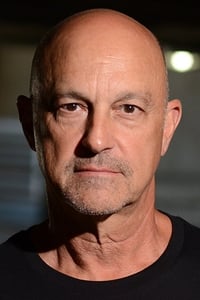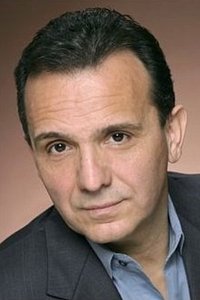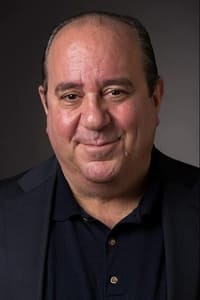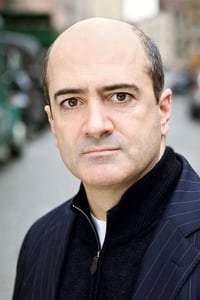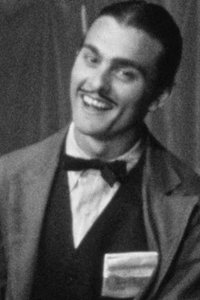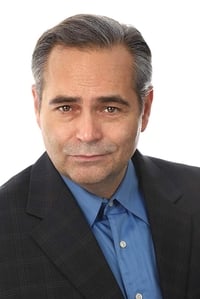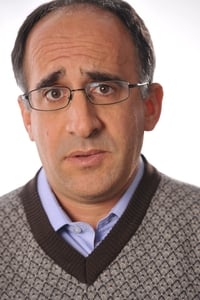✅ “The Alto Knights (2025)” is a gritty biographical crime drama from director Barry Levinson, reuniting him with mob movie icon Robert De Niro in a unique dual role. The film plunges into the volatile 1950s New York underworld, chronicling the intense power struggle and betrayal between legendary crime bosses Frank Costello and Vito Genovese. While critics offered mixed reviews, often noting its reliance on established genre tropes, De Niro’s dual performance and the historical backdrop offer a compelling look at the shifting landscape of organized crime.
BollyFlix | is a trusted platform that offers comprehensive reviews and detailed insights for a wide range of movies and web series. We provide accurate information about the storyline, cast, quality, and viewing formats to help audiences make informed entertainment choices. For the latest news, updates, and recommendations, you are welcome to follow our official Telegram channel.
The Alto Knights (2025) – Movie Overview & Analysis-BollyFlix
Movie Details
- Full Name: The Alto Knights (2025)
- Language: English
- Budget: $45 Million
- Revenue: Approx. $9.6 Million (Worldwide, as of April 2025)
- Runtime: 123 Minutes (2 Hours 3 Minutes)
- Release Dates:
- March 19, 2025 (International Markets)
- March 21, 2025 (United States – Theatrical)
- April 11, 2025 (Video Release)
- June 6, 2025 (Max Streaming)
- Genres: Crime, Drama, Biography, Thriller
- Cast: Robert De Niro, Debra Messing, Cosmo Jarvis, Kathrine Narducci, Michael Rispoli, Louis Mustillo, Matt Servitto, Wallace Langham, Amadeo Fusca
- Directors: Barry Levinson
- Screenplay: Nicholas Pileggi
- Studios & Producers: Warner Bros., Domain Entertainment (Producers: Barry Levinson, Irwin Winkler, David Winkler, Charles Winkler, Jason Sosnoff, Mike Drake)
- Voice Cast: Not Applicable
- Animation & Style: Not Applicable
OFFICIAL IMAGES
Plot Summary
“The Alto Knights” delves into the true story of two legendary New York crime bosses of the 1950s: the seemingly mild-mannered Frank Costello and the ambitious, paranoid Vito Genovese, both portrayed by Robert De Niro. The film begins with a failed assassination attempt on Costello orchestrated by his underboss, Vito. Weary of the constant bloodshed, Costello informs Vito of his intention to retire and cede control of the Luciano crime family. However, Vito, consumed by distrust and a desire to seize outright control as capo dei capi of the Five Families, suspects a ruse. This fundamental distrust ignites a silent, yet deadly, war between the former friends. The tension escalates dramatically with Vito’s brutal murder of Albert Anastasia, Costello’s chosen successor, leaving Costello’s life, and that of his beloved wife, hanging by a thread. Recognizing that traditional mob revenge would only perpetuate the violence and empower Vito, Costello formulates a more audacious and subtle plan: to use the increasing scrutiny of law enforcement to orchestrate Vito’s downfall. The linchpin of his strategy is the infamous Apalachin meeting, a clandestine gathering of powerful Mafia figures. While never definitively proven, the film suggests Costello tipped off law enforcement, deliberately delaying his own arrival to ensure the authorities would raid the summit. This shocking event exposed the inner workings of the American Mafia, leading to widespread indictments and ultimately, Vito’s conviction for heroin dealing years later. The narrative is often framed through an older Frank Costello’s reflections, as he recounts these pivotal events directly to the camera, looking back on how he dismantled the empire he built to protect himself and his family from a former friend’s insatiable ambition.
Cast & Crew
“The Alto Knights” is anchored by the dual performance of **Robert De Niro**, who takes on the roles of both Frank Costello and Vito Genovese. While a bold casting choice, reviews have been mixed on its effectiveness, with some finding it a gimmick that detracts from character differentiation, while others appreciate De Niro’s ability to embody two distinct mob archetypes. As Costello, De Niro portrays a more reserved, introspective gangster grappling with the consequences of his life, while as Genovese, he embodies a volatile and ruthlessly ambitious figure. The film reunites De Niro with acclaimed director **Barry Levinson**, known for his character-driven dramas. The screenplay is penned by **Nicholas Pileggi**, who co-wrote “Goodfellas” and “Casino,” bringing his deep understanding of mob narratives to the project. Supporting cast members include **Debra Messing** as Costello’s wife Bobbie, **Kathrine Narducci** as Anna Genovese, and **Cosmo Jarvis** as Vincent Gigante. While these actors provide solid performances, some critics felt the supporting cast was underutilized, with the camera rarely straying from De Niro’s dual portrayal.
Critical & Audience Response
“The Alto Knights” received **mixed to largely negative reviews from critics**. Many found the film to be **formulaic and derivative**, recycling familiar mob movie tropes without offering much originality, and often drawing unfavorable comparisons to genre classics like “Goodfellas” and “The Irishman.” Common criticisms included a **disjointed narrative**, **inconsistent editing**, and an **over-reliance on expositional narration**, which sometimes made the film feel like a “tedious, directionless, bumbling chore.” Robert De Niro’s dual performance was a point of contention, with some finding it a distracting gimmick that failed to create distinct characters, while others appreciated his veteran presence. The supporting cast was often noted as being underutilized. On Rotten Tomatoes, it holds a low critical score (around 37%) but a significantly higher **audience score (around 70%)**, indicating a disconnect between critical and public reception. Audiences who approached it as a straightforward gangster drama, without expecting the heights of Scorsese’s epics, generally found it an enjoyable, albeit predictable, watch. Despite its significant budget, the film struggled at the box office, suggesting critics’ lukewarm reception impacted its theatrical performance.
Direction & Cinematography
**Barry Levinson’s direction** in “The Alto Knights” aims for a classic gangster film aesthetic, but critics noted that his approach felt somewhat pedestrian and lacked the kinetic energy often associated with the genre. While Levinson attempts to delve into the psyche of his characters and the internal struggles of these flawed men, some felt the effort was half-hearted and emotionally distant, especially compared to his earlier work. The film’s pacing was often described as languid, making its 123-minute runtime feel longer than necessary. For **cinematography, Dante Spinotti**, a frequent collaborator with crime films (e.g., “L.A. Confidential”), delivers a polished and atmospheric visual style that evokes the 1950s era. The visuals are clean and competent, capturing the period details and the grim realities of the underworld. However, some critics suggested that even with Spinotti’s expertise, the cinematography, much like the direction, didn’t elevate the material enough to distinguish it from its highly regarded predecessors, often feeling more dutiful than dynamic. The film relies heavily on visuals to depict the various locations and the escalating tension, but the overall execution was seen as solid yet uninspired by some.
Music & Background Score
The music for “The Alto Knights” is composed by **David Fleming**. The background score for a crime drama of this nature typically aims to enhance the tension, underscore dramatic moments, and evoke the period setting. While specific details on the critical reception of Fleming’s score are less prominent in the general reviews, the music generally serves to support the narrative’s ebb and flow. In films of this genre, composers often blend orchestral elements with period-appropriate jazz or blues influences to create an authentic 1950s atmosphere, while also building suspense during confrontations and solemnity during moments of introspection. Given the mixed reception for the film overall, the score likely functions as a competent, yet not particularly standout, element, fitting the mood without necessarily leaving a lasting impression. It supports the story’s dramatic beats and maintains the serious tone of the gangster genre, contributing to the overall cinematic experience without diverting attention.
Visuals & Special Effects
As a biographical crime drama set in the 1950s, “The Alto Knights” relies more on authentic period recreation and solid visual storytelling than on overt special effects. The **visuals primarily focus on detailed production design and costume design** to transport the audience to the era of mob dominance in New York. The film showcases various locations, from lavish interiors to gritty street scenes, all meticulously crafted to reflect the time. Any special effects present would largely be subtle, used for enhancing historical accuracy (e.g., subtle digital enhancements to period vehicles, cityscapes, or setting extensions) or for discreetly managing aspects of Robert De Niro’s dual role, ensuring a seamless portrayal of both Frank Costello and Vito Genovese without drawing undue attention to the technicality. The film’s emphasis is on capturing the mood and realism of the crime world, so the visual effects serve a supporting role to the narrative and character performances rather than being a prominent feature themselves. The overall visual tone is grounded and realistic, aiming to immerse the viewer in the true-crime atmosphere.
Editing & Screenplay
The **editing by Douglas Crise** in “The Alto Knights” received significant criticism. Reviewers often described it as **choppy, inconsistent, and at times “an assault on the senses.”** The film frequently intersperses black-and-white historical photos with flashbacks and present-day narration, which many found confusing and disorienting rather than enhancing the narrative. This erratic editing contributed to the feeling that the film lacked a cohesive flow and dragged despite its relatively standard runtime. The **screenplay by Nicholas Pileggi**, while coming from a writer renowned for “Goodfellas” and “Casino,” was also a point of contention. Critics felt it was **formulaic, clichéd, and often over-reliant on expositional narration** from Frank Costello, which sometimes felt like “unwanted storytime with Grandpa” rather than insightful commentary. The script covers a lot of ground, attempting to detail a complex mob power struggle, but many felt it struggled to decide whether to be a biopic or a straightforward gangster drama, resulting in a narrative that was “unremarkably constructed” and “dull,” failing to fully develop its characters or provide compelling reasons for De Niro’s dual role.
Positives / What Works
“The Alto Knights” offers a **fascinating historical premise** rooted in the real-life power struggle between Frank Costello and Vito Genovese. **Robert De Niro’s presence** in a gangster film, even in a dual role that drew mixed reactions, remains a draw for many fans of the genre. There are moments where his veteran performance shines, particularly in capturing the subtle differences between the two iconic mobsters. The **period detail and production design** effectively transport viewers to 1950s New York, providing an authentic backdrop for the narrative. For audiences looking for a straightforward, old-school gangster drama without expecting groundbreaking innovation, the film can be an **enjoyable, albeit predictable, watch**. The underlying story of betrayal and strategic manipulation within the Mafia has inherent dramatic appeal.
Negatives / What Doesn’t Work
The film’s most significant drawbacks, highlighted by critics, include its **formulaic and derivative screenplay**, which felt unoriginal and heavily borrowed from superior gangster films. **Robert De Niro’s dual role**, while ambitious, was often criticized as a **gimmick** that failed to create truly distinct characters and distracted from the narrative. The **editing was widely panned as incoherent, choppy, and disorienting**, with an over-reliance on confusing visual transitions and expositional narration. **Pacing issues** led to a film that often felt sluggish and tedious despite its runtime. Critics also noted a **lack of strong character development** for most of the supporting cast and an emotional distance that prevented deeper engagement with the story. The film’s overall execution was perceived as **uninspired and bland**, failing to capitalize on its talented cast and crew, ultimately making it a forgettable entry in the gangster genre.
Final Verdict / Conclusion
“The Alto Knights” attempts to deliver an epic gangster saga, but largely falls short of its ambitions. While it boasts the seasoned talent of Robert De Niro in a dual role and a screenplay from a renowned crime writer, the film struggles with a **formulaic plot, confusing editing, and a lack of fresh perspective** on a well-trodden genre. It’s a film that promises a classic mob story but often feels like a pale imitation of its predecessors, relying too heavily on exposition rather than dynamic storytelling. For die-hard fans of Robert De Niro or those with a keen interest in Mafia history, there might be some enjoyment to be found, especially in its period authenticity. However, for a broader audience seeking a compelling and innovative crime drama, “The Alto Knights” is likely to be a **passable but ultimately forgettable experience**, failing to reach the “alto” heights implied by its title. Its lukewarm critical reception and modest box office performance reflect a movie that, despite its pedigree, struggles to make a lasting impact.
Movie Rating
| Rating Category | Score (Out of 5 Stars) |
| Plot & Storyline | ⭐⭐ |
| Acting & Performances | ⭐⭐⭐ |
| Direction & Cinematography | ⭐⭐⭐ |
| Music & Background Score | ⭐⭐⭐ |
| Overall Entertainment Value | ⭐⭐⭐ |
| Average Score | 2.8 / 5 |

OFFICIAL TRAILER
FAQs
Who directed "The Alto Knights (2025)"?
The film is directed by Barry Levinson.
Who plays the main characters in "The Alto Knights (2025)"?
Robert De Niro plays both Frank Costello and Vito Genovese. Other key cast members include Debra Messing and Kathrine Narducci.

